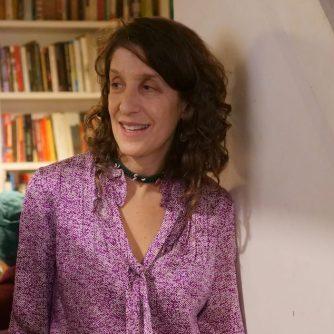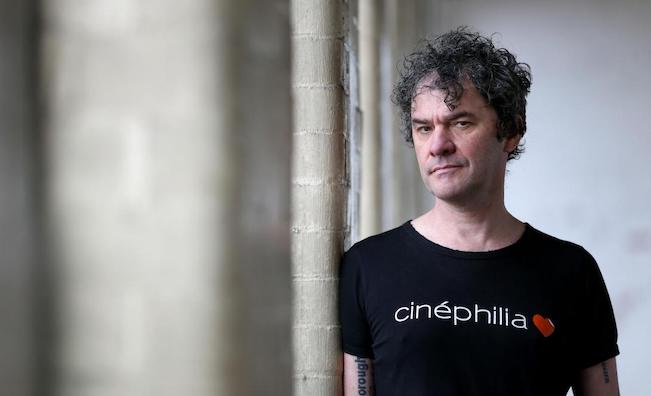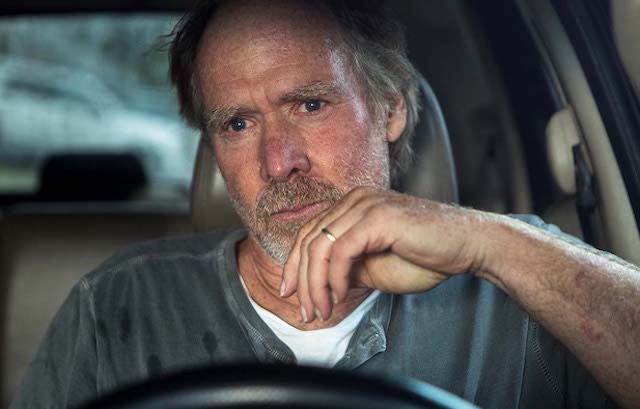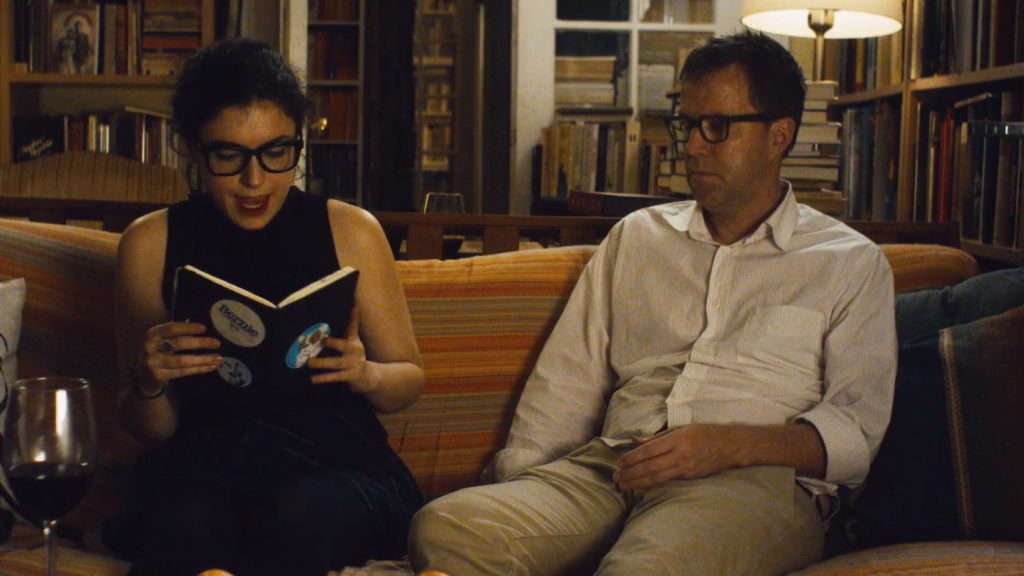Christopher “Quest” Rainey and his wife Christine’a “Ma Quest” Rainey run Quest Studios, a hip hop recording studio in North Philadelphia. The film begins with their wedding. A low angle shot after the pastor declares them man and wife lets us see the drop panels and fluorescent lighting of the ceiling. This image becomes a visual motif repeated throughout Jonathan Olshefski’s “Quest,” portending the limits and challenges the Raineys will face during the eight years that cameras followed them.
Those eight years coincide with Barack Obama’s presidency, 2009 to 2016. The ascendance of the first African American president acts as a spine to the telling of the Raineys’ ups and downs. Campaign ephemera–including T-shirts and lawn signs–quietly appear throughout the film. Olshefski’s camera lenses a barbershop calendar for 2009 showcasing Obama with his wife and daughters, tying it to the film’s other narrative throughline: the importance of family.
Despite some hip hop performances shot in red lighting and occasional flare-ups of studio drama, “Quest” primarily explores Christopher and Christine’a’s trials as parents, and they face many in the span of the documentary. When the couple’s daughter PJ is struck in the eye by a stray bullet, the director wisely allows parental anguish to guide the narrative. Olshefski joins Christopher in returning to the corner where PJ was shot; the film physically retraces the steps taken that day in a scene that acts as a physical manifestation of a parent’s obsessive concern for his or her child. Ceding narrative control to Christopher–literally having him direct the camera’s attention to locations around the incident–draws the viewer into his grief in a way that makes PJ’s eventual recovery that much more rewarding.
However, the greatest threat to the Rainey family lies at the end of 2016 in the form of Donald Trump. Focusing so much attention on the Obama presidency makes our current president prominent in the contemporary viewer’s mind before The Donald even appears on a television screen. Olshefski shows Chris and Christine’a watching the speech where Trump decried the squalor of “inner city” life and asked African American voters, “What do you have to lose?” by voting for him. The director focuses on the Raineys as they simmer with quiet rage, assessing this palpable threat to their community. Christine’a–shaking her head in disapproval–says to the television, “You don’t know how we live.” “Quest” is a possible first step in making sure that Trump (and others like him who seek to deny communities their rights) might learn how people like the Raineys live.






